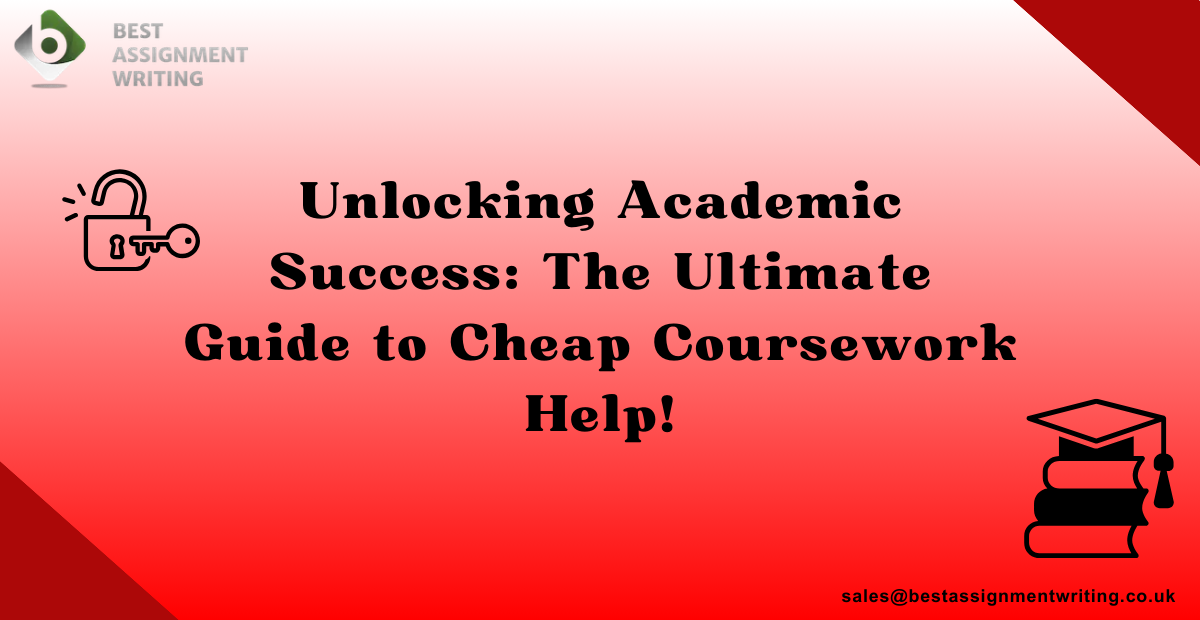When families go through tough times—like separation, divorce, or arguments—getting help is smart. But knowing what kind of help to get can be confusing.
Two common choices are:
- Family Mediation
- Family Counseling
They both involve talking, listening, and finding solutions. But they’re not the same thing.
In this article, we’ll explain:
- What mediation is
- What counseling is
- How they’re different
- When to choose one—or both
Let’s break it down in simple, real-life terms, so you know exactly what to expect.
What Is Family Mediation?
Family mediation is a structured process that helps people in conflict work things out—especially during a separation or divorce.
A mediator is a trained, neutral third person. They don’t take sides. They don’t give advice. Instead, they guide a calm, fair conversation focused on solving practical problems like:
- Who keeps the house or car
- How parenting time will work
- How money, property, or debt is split
- Decisions about kids, schools, holidays, or schedules
Mediation is often used:
- During or after a divorce
- To avoid going to court
- To update parenting plans
Key points:
- It’s voluntary (you don’t have to do it)
- It’s private (nothing said in mediation goes to court unless both agree)
- It’s goal-focused (to reach an agreement everyone accepts)
Mediators don’t fix emotional pain. They help solve legal and practical issues.
What Is Family Counseling?
Family counseling, also called family therapy, is about understanding emotions, relationships, and communication.
A therapist or counselor works with families to:
- Improve how people talk and listen
- Heal old hurts
- Deal with stress, anxiety, or anger
- Understand behavior patterns
It’s often used when families are:
- Struggling to get along
- Dealing with a death, trauma, or major change
- Parenting a child with special needs
- Trying to rebuild trust
Counseling can happen:
- With the whole family
- With one parent and a child
- Or just one person talking about family issues
Key points:
- It’s about feelings and relationships
- It can be short-term or long-term
- It helps people grow, heal, and connect
Counselors don’t settle legal or money matters. They focus on emotional health and communication.
Family Mediation vs. Counseling: Side-by-Side Comparison
| Feature | Family Mediation | Family Counseling |
|---|---|---|
| Goal | Solve disputes & reach agreement | Understand emotions & improve communication |
| Who leads it? | Neutral mediator (trained in conflict resolution) | Licensed therapist or counselor |
| Focus | Legal, practical decisions (e.g. custody, money, property) | Feelings, mental health, relationships |
| Sessions | Usually a few (2–5) | Can be ongoing (weeks or months) |
| Outcome | Written agreement (can be legally binding) | Better understanding & emotional support |
| Common use | Separation, divorce, parenting plans | Family stress, trauma, communication problems |
Real-Life Example: How They’re Different
Let’s say a couple named Mark and Sarah are separating. They have two kids.
- In mediation, Mark and Sarah work with a neutral mediator to:
- Create a parenting schedule
- Divide the bills and house
- Agree on who makes medical and school decisions
- In counseling, Mark, Sarah, and maybe their kids talk to a therapist to:
- Process the emotions around the breakup
- Help their kids adjust to the changes
- Communicate better to reduce fighting
Mediation solves the “what should we do now?”
Counseling helps with “how do we feel, and how can we move forward?”
Do You Need Both?
Sometimes, yes.
In fact, mediation and counseling can work great together. Here’s why:
- Mediation helps get through the hard decisions fast.
- Counseling helps heal and grow over time.
If your family is stuck emotionally and legally, combining both gives you the best chance for a peaceful future.
When to Choose Family Mediation
Mediation is a smart choice if:
- You’re separating or divorcing
- You need a parenting plan or property division
- You want to avoid court
- You’re willing to talk and compromise
- There’s no abuse or safety risk
Mediation helps families stay in control of their own decisions. It’s private, fast, and often cheaper than court.
Also, courts may require you to try mediation before a trial.
When to Choose Family Counseling
Counseling is a good option when:
- There’s lots of anger, hurt, or blame
- Family members don’t talk or fight constantly
- Someone’s mental health is suffering
- The kids are having a hard time coping
- You want to work on healing, not just decisions
Counseling isn’t just for “broken” families. It’s for anyone who wants a healthier family life.
Can Mediation Happen Without Counseling?
Yes. Many people go through family mediation without ever seeing a counselor.
It works best when:
- Everyone can stay calm and respectful
- The focus is on future plans, not past pain
- Each person understands their rights and options
But here’s the thing: sometimes, emotions get in the way of problem-solving. That’s when counseling can help before or during mediation.
Can Counseling Replace Mediation?
No, not really.
Counseling helps families understand each other. But it doesn’t create legal agreements.
For example:
- A counselor might help a mom and dad get along better…
- But only a mediator (or court) can help them write a legal custody plan.
So if you need a formal agreement, you’ll still need mediation or legal help.
Common Myths About Mediation and Counseling
❌ “Mediation is only for divorces.”
✅ Nope. It also helps with custody changes, money issues, or any family conflict.
❌ “Counseling means we failed as a family.”
✅ Wrong. It means you care enough to grow and get support.
❌ “We should just go to court and fight it out.”
✅ That costs more, takes longer, and usually makes things worse. Mediation and counseling are healthier choices.
What About Kids?
Both mediation and counseling can help children, but in different ways.
- In mediation, parents focus on making a plan that puts kids first.
- In counseling, kids may join the session or go to their own therapist to:
- Talk about their feelings
- Get tools to manage stress
- Feel safe and heard
Helping your kids adjust emotionally is just as important as sorting out custody or schedules.
Choosing the Right Help: 5 Quick Questions
Ask yourself:
- Are we stuck because of feelings or communication? → Try counseling
- Are we stuck on money, parenting, or legal stuff? → Try mediation
- Do we want to avoid court and stay peaceful? → Try mediation
- Are our kids struggling with all the changes? → Try counseling
- Do we need to do both at once? → That’s totally okay!
There’s no shame in getting help. And there’s no rule that says you can’t try both.
Final Thoughts: Different Tools for Different Problems
Family mediation and counseling are both tools. They just do different jobs.
- If you need to solve a conflict, use mediation.
- If you need to heal a relationship, try counseling.
- If you want to move forward peacefully, consider both.
You don’t have to figure everything out alone. Support is out there—and choosing the right kind makes all the difference.




